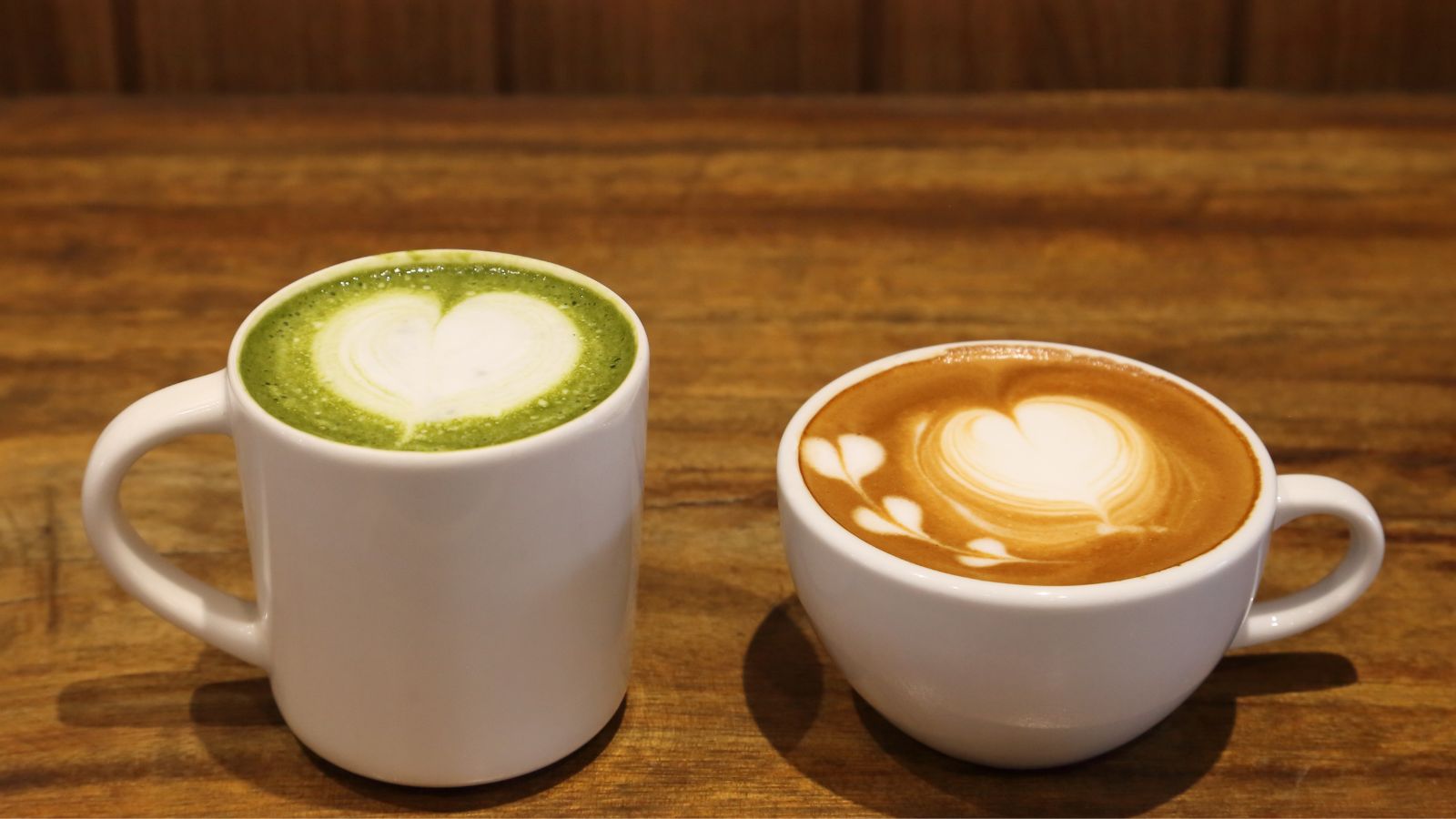
When I wake up, there are two drinks that will get me out of bed: a simple espresso or a morning matcha. Lots of people sit firmly in one camp or the other, but for those of us who enjoy both, the matcha vs coffee debate is a daily struggle.
Across the world, people have been drinking both coffee and matcha for centuries. These energizing drinks are distinctive for their bitterness, which often comes with a balance of umami and earthy flavors too. Both are rich in antioxidants and promoted for their health benefits, so choosing between the two is a tricky task
Most people can make coffee at home, using the best coffee makers on the market and good quality coffee beans. If not in your home, you can find coffee on nearly every square, street, and sidewalk.
Making a matcha or tracking down a supplier can prove more difficult. However, more cafés are putting matcha on the menu. It's an increasingly popular energy-boosting drink, which doesn't have some of the side effects of coffee. When I spoke to dieticians, they had a lot to say about matcha. They've tempted me to swap at least one of my espressos for a matcha latte and here's why.
Why drink coffee?
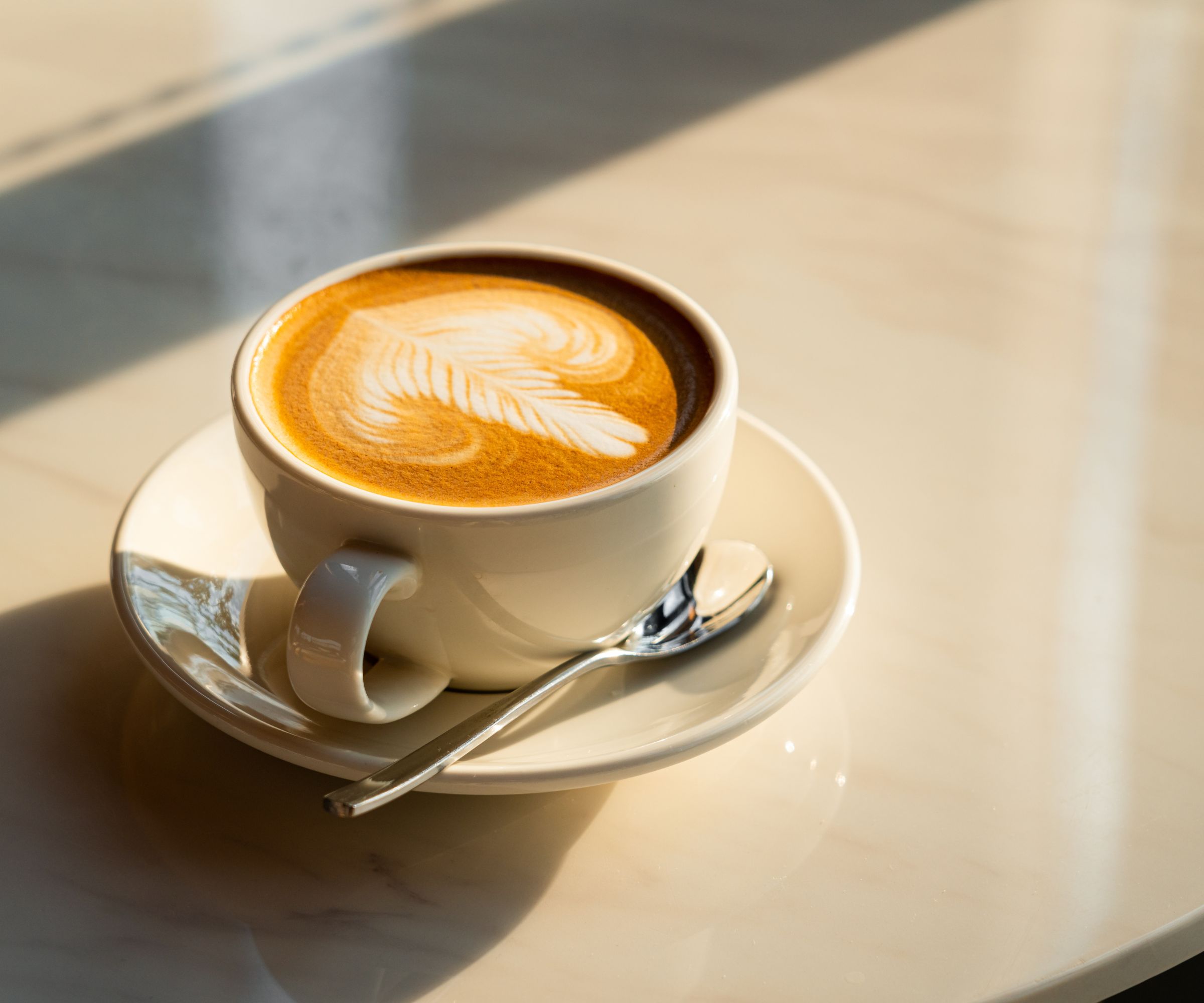
This classic energizing drink begins with coffee beans. To make a proper coffee, your coffee maker, or barista, will grind coffee beans into a fine powder. There is a range of different coffee makers on the market, but each one essentially uses water to extract oils from your coffee grounds. Whether they use long infusion times or intense pressure and temperatures, each process results in a tasty cup of joe.
Lukas Van Vyve, founder of Emergent Brew, loves coffee for its 'roasted, nutty, or chocolatey flavor and aroma'. Depending on the bean and brewing method, you can make cups of coffee to suit different taste preferences. Pour over coffee tastes delicate and smooth, like filter coffee; an espresso machine will make sweeter, more intense shots of coffee; and a French press will result in a rich and acidic brew.
Lukas recommends coffee if you want 'an instant kick of energy, because coffee contains high amounts of caffeine (around 100-140 mg of caffeine per cup). If you need a quick boost to kickstart your day or push you that extra 1% in a workout, you'll want an espresso behind you.
Wherever you are, you can guarantee that coffee won't be far away. As a widely available product, it's easy to find beans, machines, or a good barista for a reasonable price. Since it is so popular, it's easier to get geeky and technical at home too. Most people even create their own coffee nooks. Here are the essentials that you'll find in mine:
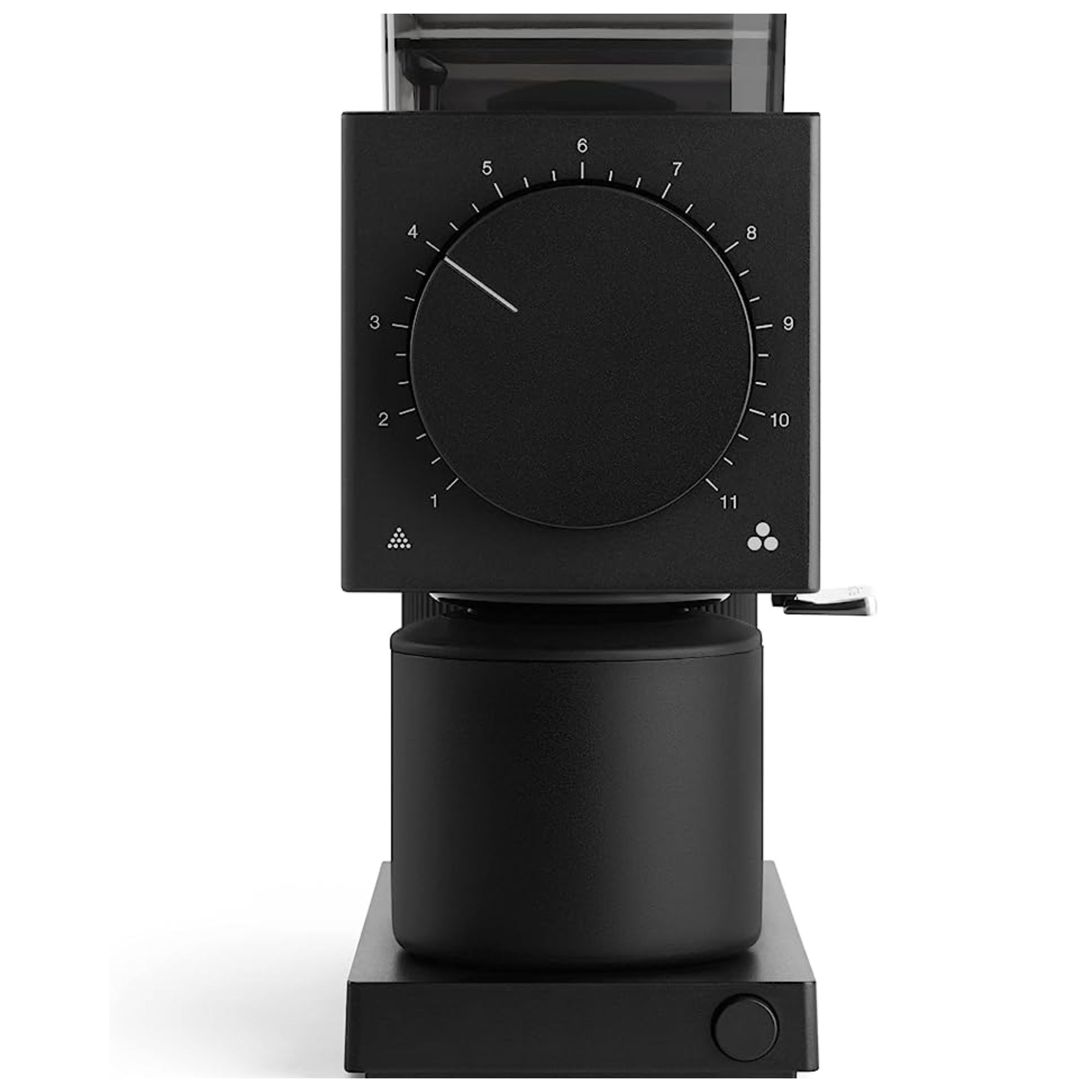
Chic and sturdy, this is the best grinder on the market. The flat burrs create a flavorful cup of coffee without making too much noise or heat. It's also pretty small, so can fit in most kitchens.
You can find our more in our best coffee grinder buying guide
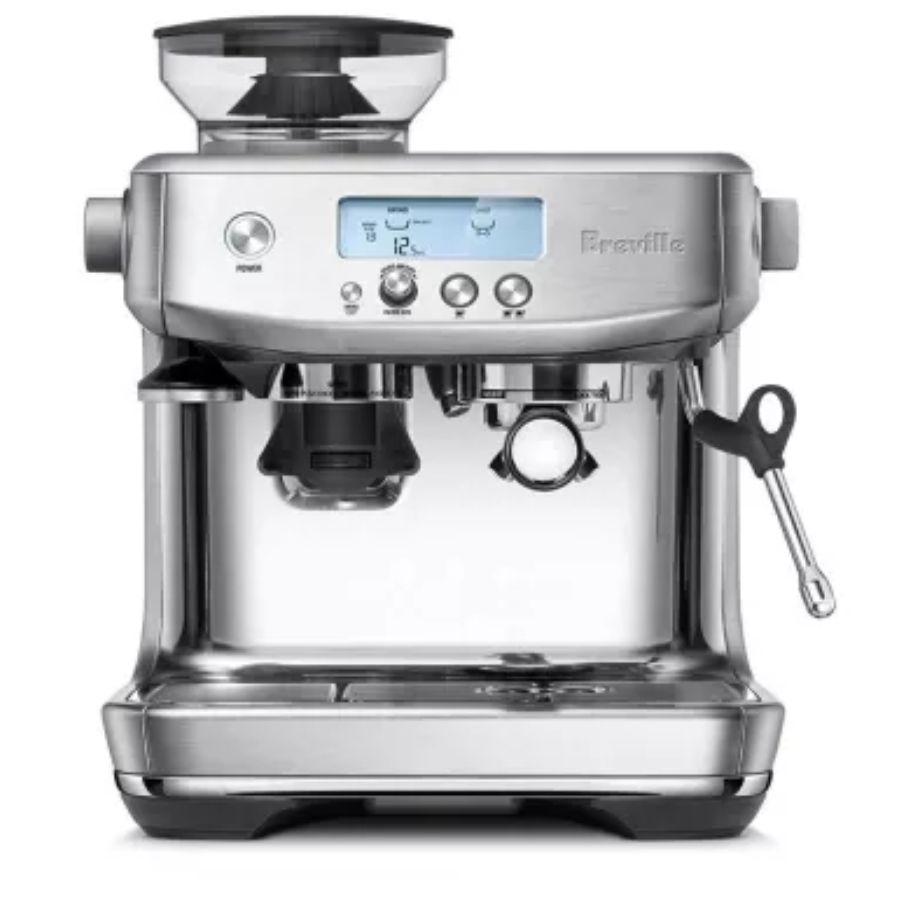
This is my favorite espresso machine. It looks the part and it makes an incredible espresso. It's expensive, but if you're making coffee, you might as well invest in the best.
You can find out more in our Breville Barista Pro review

When I'm not drinking espresso, I'm enjoying a cold brew. The OXO Good Grips is by far the best cold brew coffee maker on the market. If you're after smooth, sweet nectar, you've found it.
You can find out more in my OXO Good Grips review
Why drink matcha?
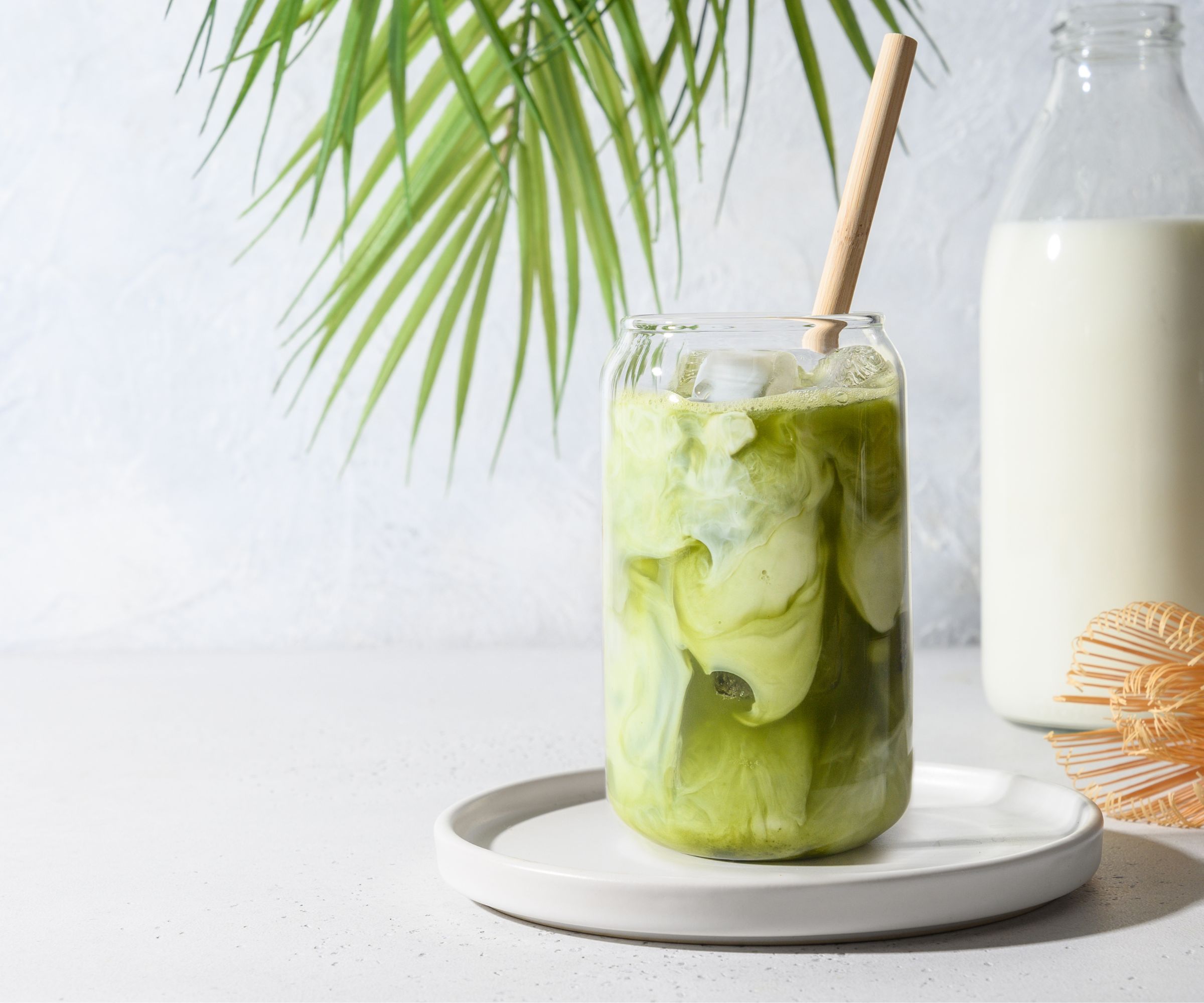
Matcha is relatively new to the mass market stores. It is made from ground tea leaves and it tastes like grass smells: green and earthy. Dr Sumeet Kumar, researcher and founder of Genes Wellness, says that 'quality plays a big role in the taste of matcha. High-quality matcha shouldn't be too bitter. Instead, it should have a gentle astringency that tickles the back of your throat.'
Lots of people are put off matcha because of the bitter flavors found in cheaper leaves. With a splash of almond milk or sweetener, you can balance the bitterness out, making a delicious, healthy brew. If you've been in Blank Street recently, you'll see that they're offering blueberry and white chocolate syrups (this one from Amazon is expensive, but it's the one Blank Street uses and I'm obsessed with it). These make matcha taste more like a dessert than a drink. It's been the tipping point for a lot of people sitting on the matcha fence.
Having to invest in the best matcha (available at Amazon) can be expensive and matcha varies significantly in color, caffeine content, and taste. However, when you drink it, you are ingesting lots of brilliant antioxidants and amino acids. One of the most significant is L-theanine. Dr Kamar says that the amino acid L-Theanine is the reason that 'matcha provides a more gradual, sustained energy boost. This means that you're less likely to experience jitters and a sudden energy crash.'
As a result, it's a popular drink amongst meditators, as it promotes a sense of focus, relaxation and calmness without causing drowsiness. If you want to buy the best matcha on the market, I would recommend trying one of these:
I fell in love with this tin first, but it turns out it's also some of the best matcha on the market. The family-run Japanese tea company, offer more than 30 different blends. This one is brilliant for beginners because the sweetness and umami flavors are both very subtle.
Hand-picked and organic, this matcha is sourced from Japan. It's finely ground and really rich. If you don't like the earthy notes, this is a smoother sweeter blend. At $30 for over 2 oz it's one of the best value options on the market.
This matcha is shade grown, allowing for the nutrients to concentrate in the leaves. You can taste the balance of bitterness and sweetness in your cup; it's really light and smooth. It is organic and USDA-certified, so you know that it's the best on the market.
There aren't matcha makers in the same sense that there are coffee makers, so it might take more time to make the perfect matcha latte. However, lots of matcha products are very beautiful. I've combed the internet and spoken to matcha experts to find the most aesthetically pleasing matcha essentials.
When drinking matcha, the sweetness of milk helps to balance some of the earthy bitterness. This milk frother will make the perfect iced milk and hot milk, so your cup will always more than matcha – sorry – your expectations.
Matcha is a delicate mix, so you need to be precise with your water temperature. Fortunately, this kettle is meticulous. From pouring precision to temperature control, this will ensure your matcha is always full of flavor.
You won't get far without a matcha whisk. This authentic bamboo product is made in the traditional Japanese style. Durable and water resistant, it'll ensure your matcha is always smooth and well-mixed.
Head to Head

The press around coffee is only getting more positive. Gut guru, Tim Spector recommends that you drink an espresso in the morning to help your heart and gut health. On a recent podcast, he touted coffee as a daily essential that provides 'a good dose of antioxidants and fiber.'
Most of the dieticians that I spoke to gushed about the antioxidants found in matcha as well as coffee. Jenna Volpe, registered dietician and herbalist, told me that 'the specific type of antioxidant found in matcha (epigallocatechin-3-gallate) has been deemed generally beneficial for anti-aging, immunity, digestion, and other health benefits' in recent studies from the National Library of Medicine.
So it seems like you can't go wrong, as long as you're drinking one of the two.
However, if you're looking for more than just health benefits, the two drinks have very different offerings. Coffee can spike your energy levels quickly. This is because 'a single cup of coffee contains up to 140 mg of caffeine, compared to matcha which contains up to 80 mg per cup,' according to Registered Dietician, Edibel Quintero. If you need energy and you need it fast, it seems like coffee is your best option.
However coffee comes with crashes, jitters, and withdrawal. It can even cause insomnia in some people. As a quick fix, coffee is an easy option. However, in the long term or if you suffer from coffee anxiety, you might want to move over to matcha, which has none of those side effects.
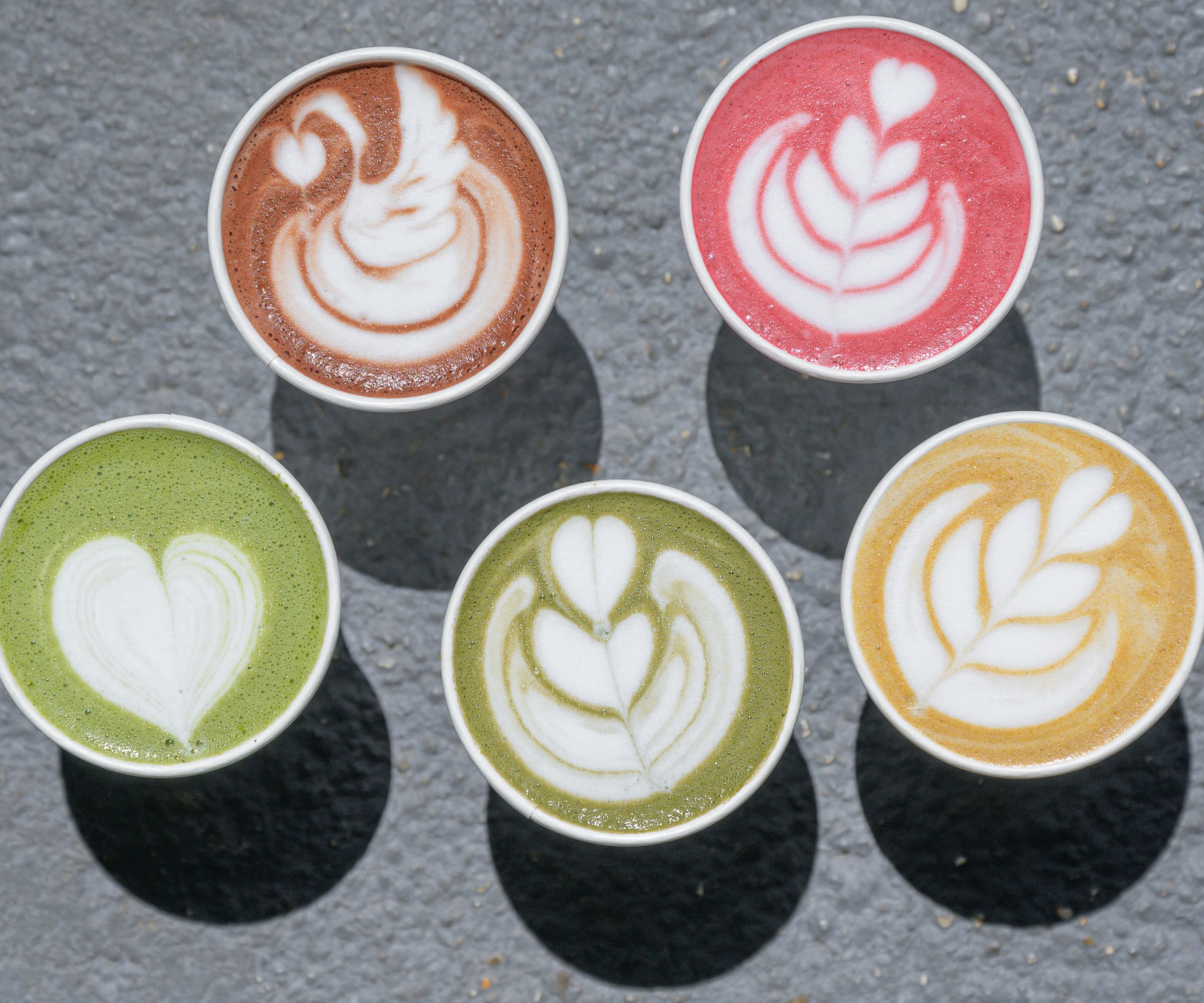
Maria Uspenski, the author of Cancer Hates Tea, describes matcha as 'calming, focusing, and full of feel-good molecules'. You can drink multiple cups of matcha and experience a slower, more sustained energy spike. Maria sees it 'as a mash-up of a chill pill and brain juice. For many of us, it's an acquired taste and not something we're wild about the first time we come across it, but that's largely because we're not exposed to it in our early years.'
Softening the bitterness with a touch of vanilla and a splash of almond milk can create a delicious and energizing drink.
The benefits of matcha rival those of coffee, except that they come without any of the jitters or headaches. After speaking to dieticians, I was close to convinced that I needed to give up coffee and move on to matcha. However, they were quick to encourage more of a balanced approach. Matcha is harder to find, so it can also be more expensive. If you would drink three cups a day, like me, you might be tempted to buy a cheaper option. Most matchas, if they aren't organic or high-quality, can contain lead and other harmful chemicals. It's paramount that you source matcha from reputable sellers.
FAQs

Is matcha better for you than coffee?
Matcha and coffee have their own health benefits. Matcha has a reputation as 'cleaner' because it is a more gentle stimulant and has fewer side effects, especially relating to withdrawal symptoms. If you suffer from anxiety, insomnia, or coffee dependence, matcha will be better for you.
Is matcha as energizing as coffee?
Matcha has lower levels of caffeine than coffee per cup, but it is still energizing. You won't experience the same five minute boost that you might have from a morning espresso. Matcha will still stimulate your brain, in fact, lots of people drink matcha for focus and clarity.
Why is matcha better than coffee for anxiety?
Even though matcha contains caffeine, it has amino acids which slow and regulate the release of caffeine into your bloodstream. Dieticians told me that these amino acids mean that your nervous system is less stimulated.
Our Verdict
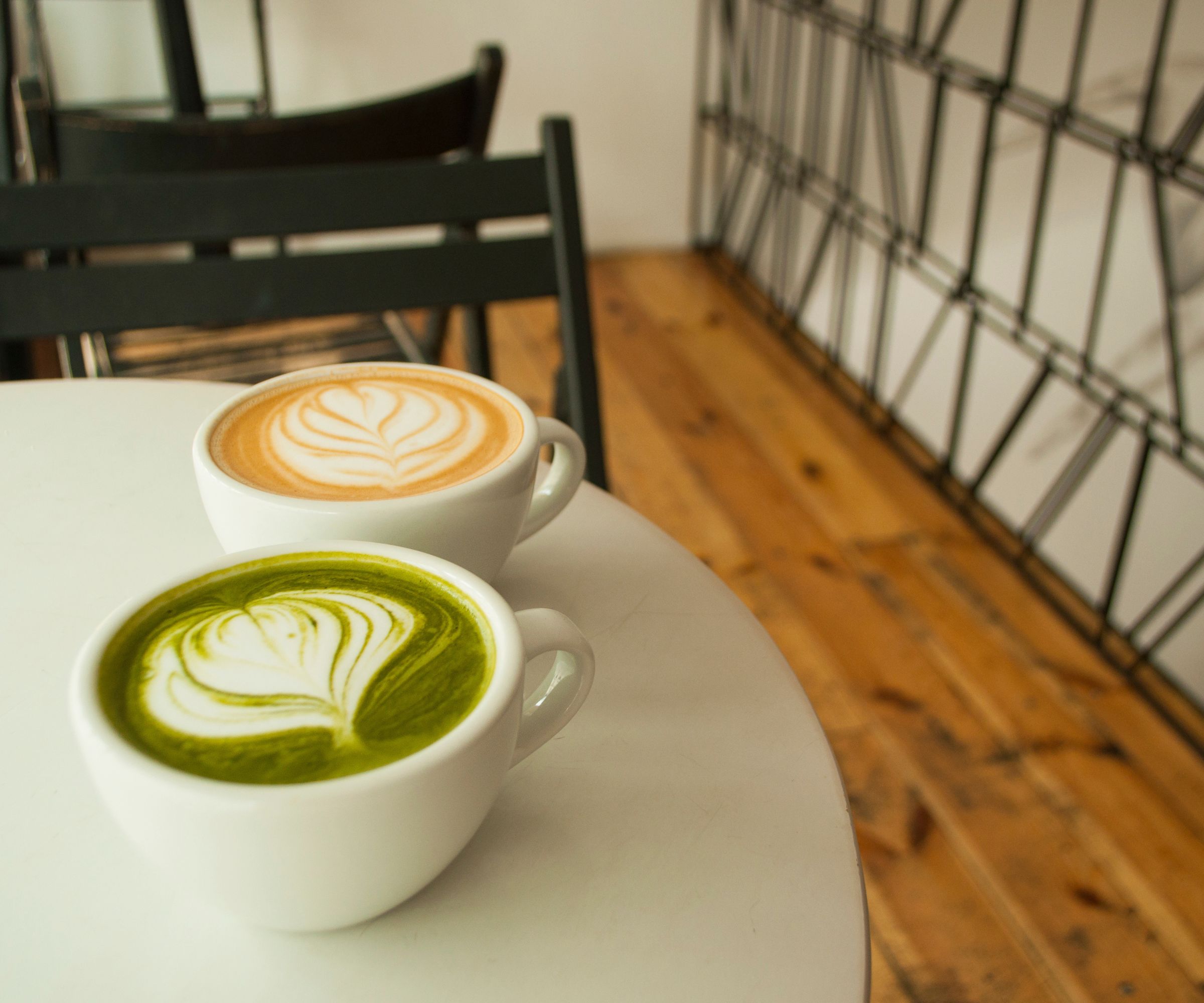
As I've mentioned, I could have a matcha every morning, or an espresso every day and be happy. Looking at the long-term health effects, dieticians have convinced me to take a step towards team matcha. I love coffee, but I don't love withdrawal headaches and coffee jitters.
However, in spite of this knowledge, I woke up this morning and made a cold brew coffee. I naturally gravitate to the richness of coffee over the grassy, earthy matchas when I need a morning boost. Even though it doesn't perform as well long-term, it's the pick-me-up I need when I'm going to the gym. It's still packed with amino acids and fiber, so I feel like I'm doing myself some good. I'll try to swap out one espresso for a matcha, but most of the time, I'll flip a coin to decide my winner.







